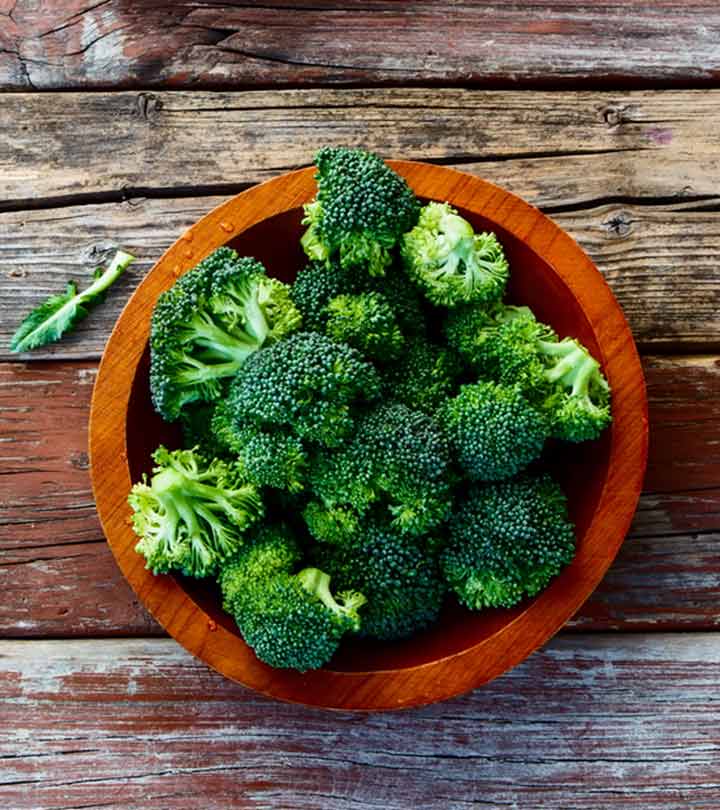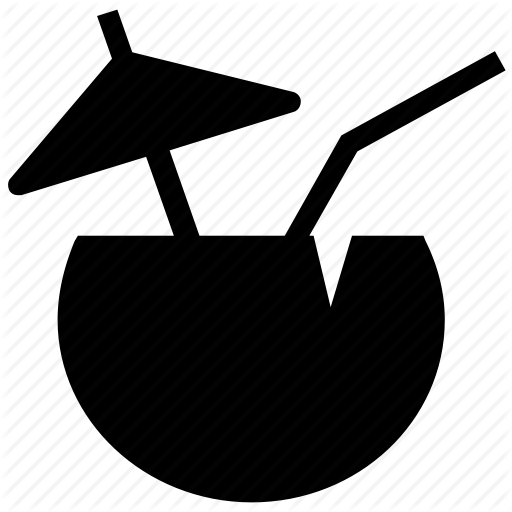Tin tức
21 Best Benefits Of Broccoli For Skin, Hair, And Health

Have a cup of broccoli, and you have had most of the nutrients you require for the day. Notorious for having been shoved down your throat (almost) by your mom, broccoli is what we can call the super mini tree. And here, we discuss what it can do for you – the excellent broccoli benefits. Read on.
What Is Broccoli?
A green plant from the cabbage family, broccoli is a superfood. It is one of the healthiest cruciferous vegetables, whose large flowering head is often eaten for its nutritional properties. It is often consumed boiled or steamed, but can also be eaten raw.
Broccoli comes in different varieties, and the most popular ones are:
Calabrese broccoli, named after Calabria in Italy. This type has large green heads and thick stalks. And it is a cool season annual crop.
Sprouting broccoli, which has a large number of heads with several thin stalks.
Broccoflower, which is a cross between broccoli and cauliflower. The taste is mild and more like cauliflower than broccoli.
Gai-lan, which is also known as Chinese broccoli. It is longer and leafier and more pungent/bitter than the normal green broccoli.
Purple cauliflower is another popular type of broccoli grown in North America and Europe. This one has a head shaped like a cauliflower and has tiny flower buds.
There is also broccolini, which people confuse with the other types. Well, not exactly – broccolini is just a lanky vegetable that is a cross between broccoli and Chinese broccoli, and not a separate variety in itself.
Is Broccoli Good For You?
Of course, it is! This vegetable is extremely rich in vitamin C (has twice the amount as in orange), calcium (contains as much as in whole milk), and selenium (nutrient important for preventing cancer).
Eating broccoli also detoxifies your body after exposure to food or airborne carcinogens and other oxidants. This activity can be attributed to sulforaphane, an important phytochemical in broccoli. In fact, one study proved that ingesting cruciferous veggies like broccoli can protect cells from DNA damage.
There are many other reasons broccoli can be amazing for you (which we will discuss in detail in a little while). But before that, let’s get into a bit of history.
What Is The History Of Broccoli?
This was a popular food amongst the Romans. And it once grew like crazy on the shores of the Mediterranean Sea. Sources say its origins lie in Italy (about 2,000 years ago), and then, it spread to France and England in the 1700s. In the US, broccoli saw its commercial growth in the 1920s. At some point in time, broccoli was also called the Italian Asparagus.
That’s just a bit about the history. But did you know that there is a lot of other interesting stuff about this vegetable?
Any Interesting Facts About Broccoli?
- Broccoli gets its name from the Italian word “broccalo”, which means “cabbage sprout”.
- The most common type of broccoli is Calabrese broccoli – named after Calabria (Italy), its place of origin.
- If you want to eliminate the smell of broccoli, you can add a slice of bread to the pot.
- California produces almost all of the broccoli consumed in the United States.
- And though available all year round, the vegetable is most nutritious from October to May.
- The American sign language has no sign for broccoli. You only have to spell it out.
- Broccoli was brought to America by Thomas Jefferson. In fact, in 1767, he imported the seeds from Italy and planted them in his own garden.
- That’s a bit about the facts. But the real deal about this vegetable lies in its nutrient profile – and that’s something we will look at now.
What Is The Nutritional Profile Of Broccoli?
NUTRITION FACTS SERVING SIZE 91 G AMOUNT PER SERVING Calories 31 Calories from Fat 3 % Daily Value* Total Fat 0g 1% Saturated Fat 0g 0% Trans Fat Cholesterol 0mg 0% Sodium 30mg 1% Total Carbohydrate 2% Dietary Fiber 2g 9% Sugars 2g Protein 3g Vitamin A 11% Vitamin C 135% Calcium 4% Iron 4% VITAMINS Amounts Per Selected Serving %DV Vitamin A 567IU 11% Vitamin C 81.2mg 135% Vitamin D – – Vitamin E (Alpha Tocopherol) 0.7mg 4% Vitamin K 92.5mcg 116% Thiamin 0.1mg 4% Riboflavin 0.1mg 6% Niacin 0.6mg 3% Vitamin B6 0.2mg 8% Folate 57.3mcg 14% Vitamin B12 0.0mcg 0% Pantothenic Acid 0.5mg 5% Choline 17.0mg Betaine 0.1mg MINERALS Amounts Per Selected Serving %DV Calcium 42.8mg 4% Iron 0.7mg 4% Magnesium 19.1mg 5% Phosphorus 60.1mg 6% Potassium 288mg 8% Sodium 30.0mg 1% Zinc 0.4mg 2% Copper 0.0mg 2% Manganese 0.2mg 10% Selenium 2.3mcg 3% Fluoride – One cup of broccoli (cooked) has the following important nutrients:
- 100 mcg of vitamin K (270% DV)
- 101 mg of vitamin C (168% DV)
- 120 mg of vitamin A (48% DV)
- 165 mcg of folate (42% DV)
- 4 mg each of vitamin B6 and manganese (16% DV)
- 457 mg of potassium (14% DV)
- 105 mg of phosphorus (10% DV)
- 33 mg of magnesium (8% DV)
- 62 mg of calcium (6% DV)
And one stalk of broccoli contains just about 45 calories.
And now, let’s head to the benefits.










